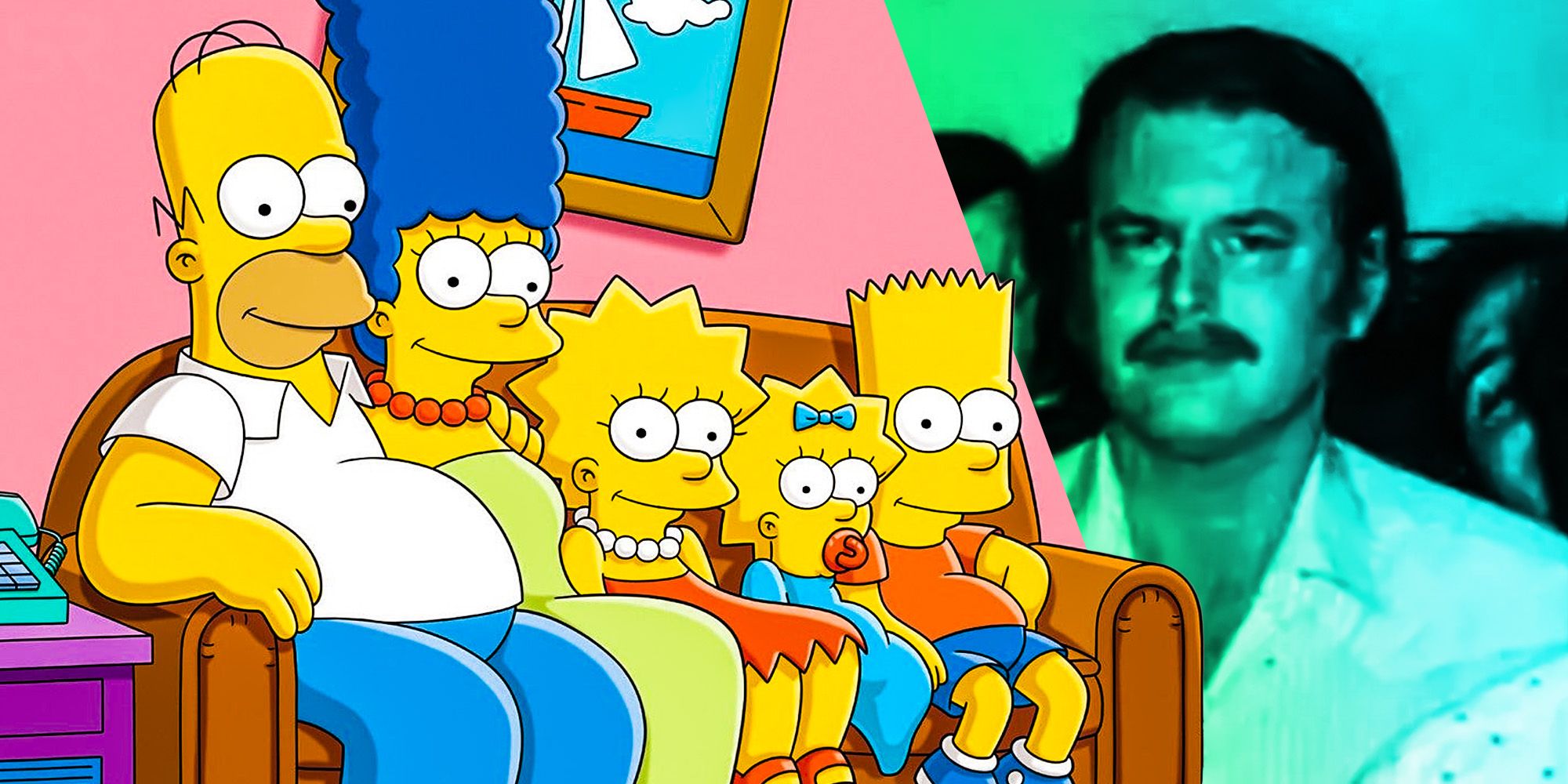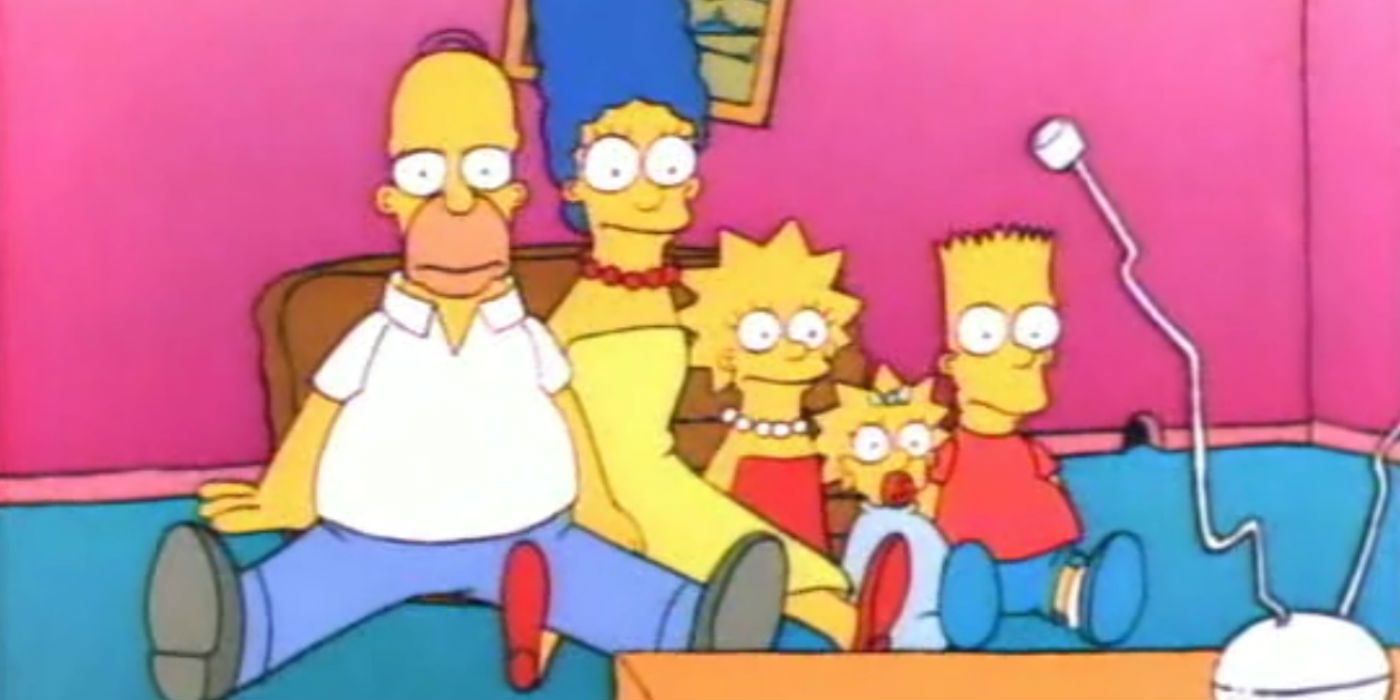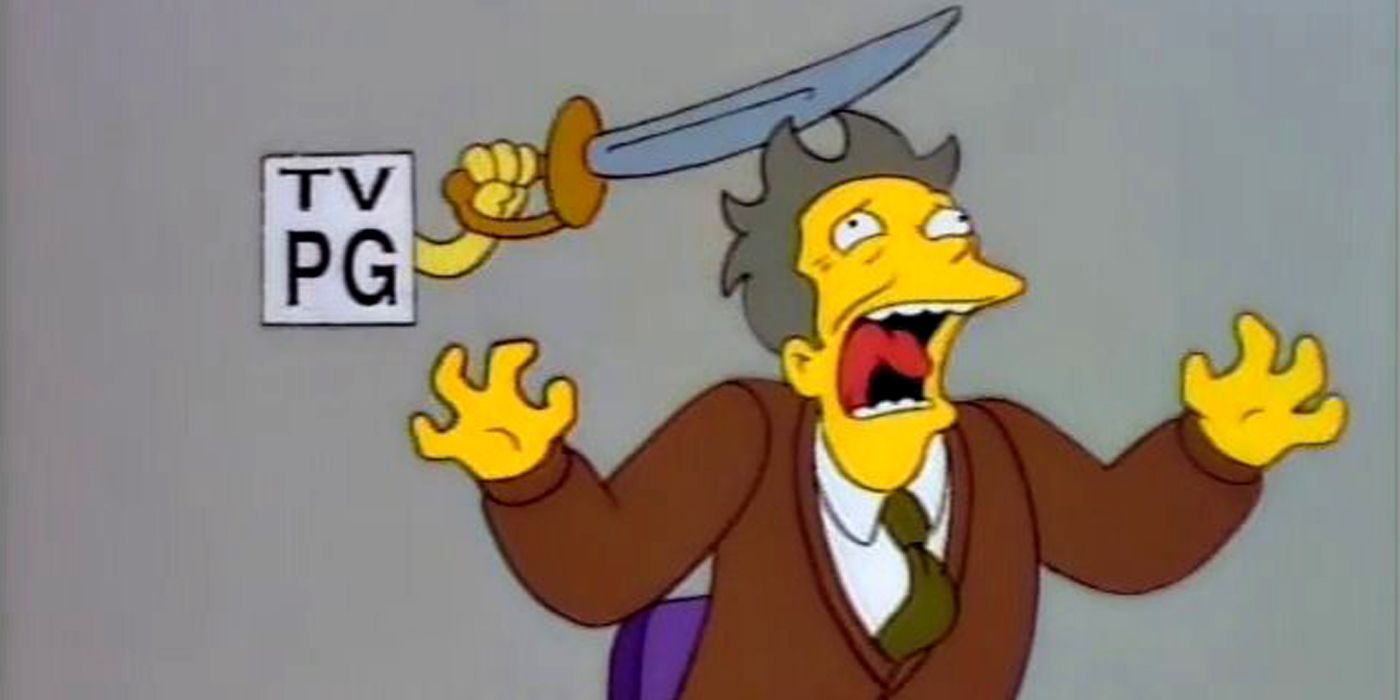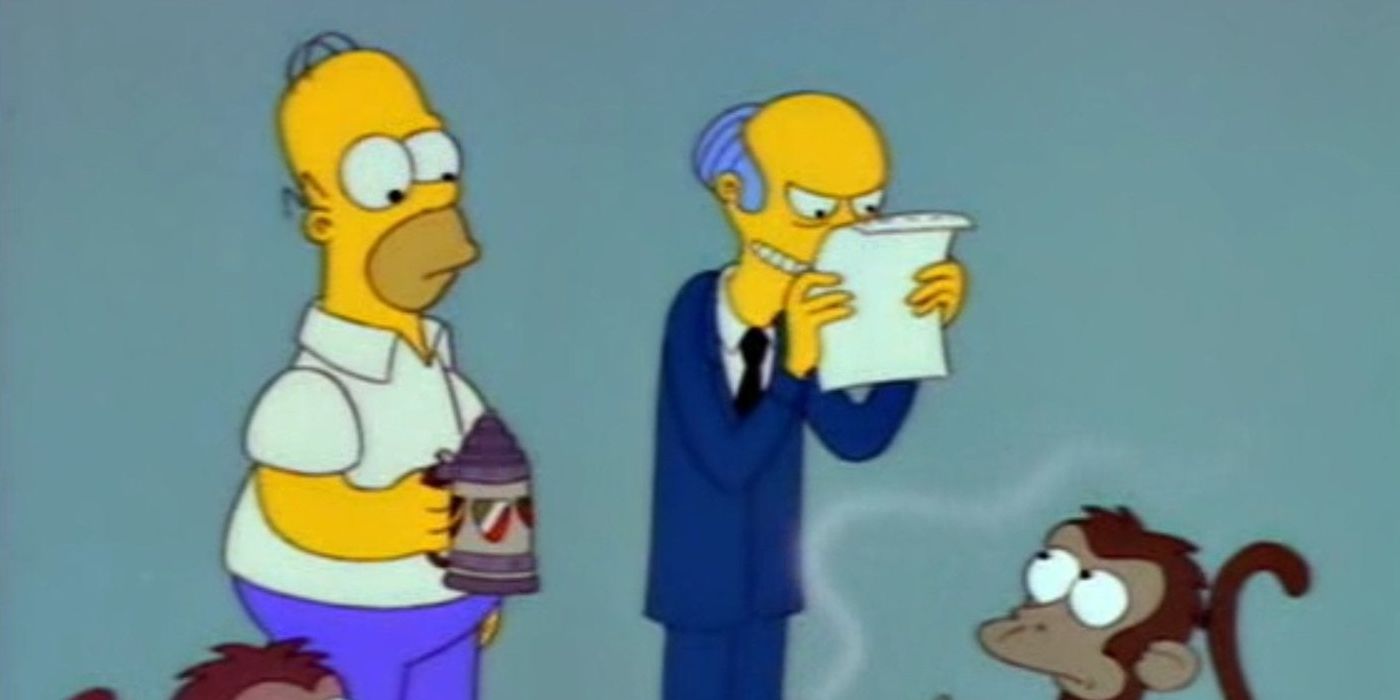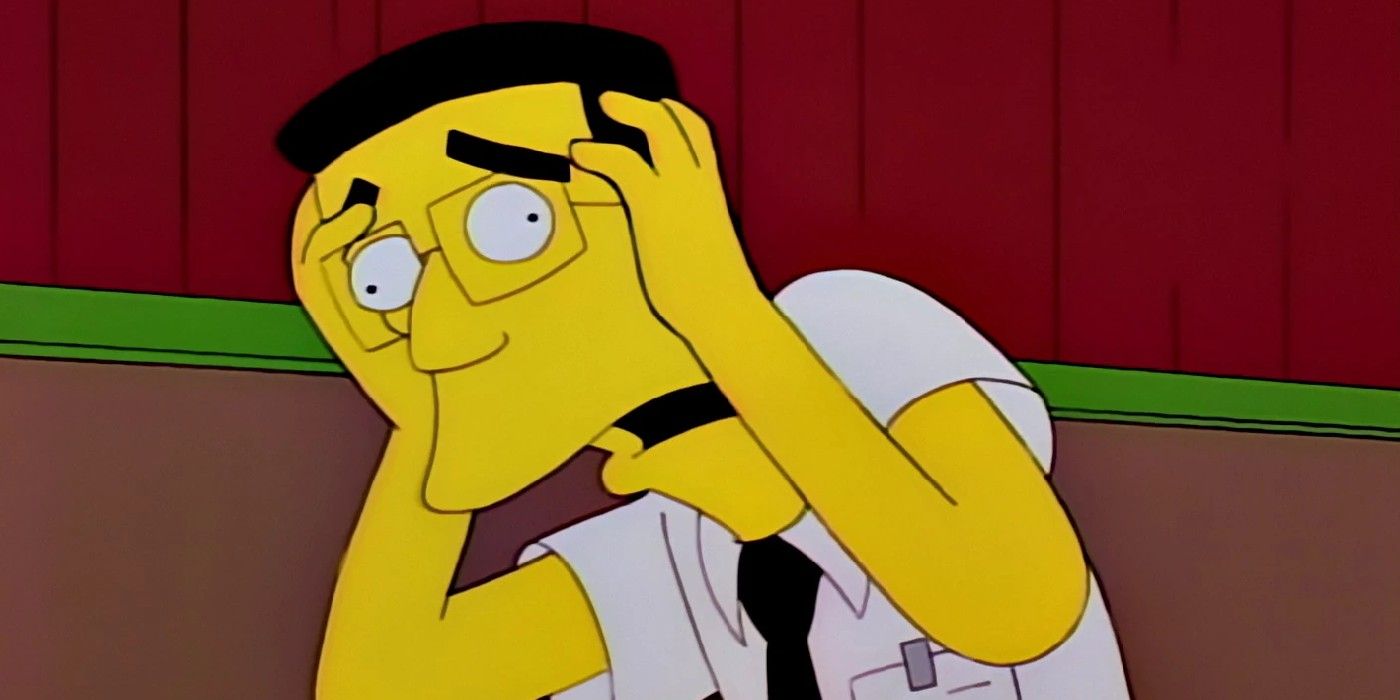John Swartzwelder may not be a household name, but as the most prolific writer in the history of The Simpsons, he has shaped the style of modern television comedy, and his first-ever interview is filled with revelations about the iconic sitcom’s production process. When the series debuted in 1989, The Simpsons initially seemed like another family sitcom, albeit an animated one with a little more edge and cynicism than the likes of The Cosby Show.
However, as the series progressed, critics and fans alike realized that the Matt Groening-created series was something special. The so-called "Golden Age” of The Simpsons, the early season run that lasted from season 3—12, remains one of television comedy’s most critically-acclaimed achievements. Described by Matt Stoller Zeitz as “ambitious, intimate, classical, experimental, hip, corny, and altogether free in its conviction,” at the height of its creative freedom, critical consensus agreed that The Simpsons was a dazzling, daring mixture of comic styles and subversive, playful gags that redefined what sitcoms were able to aim for as a medium.
While he may not be the most famous name behind the series, many fans of The Simpsons credit much of this freewheeling experimentation to comedy writer John Swartzwelder. Despite his scant public presence, behind the scenes, Swartzwelder was arguably the most important name in the show’s history after Matt Groening, Sam Simon, and James L Brooks. A legend of the writer’s room, the reclusive author is the most prolific scriptwriter in The Simpsons’ history, with classic episodes like the Westworld parody “Itchy and Scratchyland,” “Homer at the Bat,” and “Radioactive Man” to his name, among many more. Having written 59 episodes and contributed to The Simpsons Movie, Swartzwelder defined a lot of the style that viewers still think of as quintessentially Simpsons even 18 years after he retired from the show. Recently, the writer gave his first interview ever to The New Yorker and brought with him a lot of insight into the series.
Bart The General Got Swartzwelder The Simpsons Gig
Despite the persistent story that Swartzwelder was hired thanks to his writing for the cult zine Army Man, the writer said in the interview that it was actually the season 1 episode “Bart the General” that solidified his status on the staff. Swartzwelder was around as early as season 1, being hired shortly after The Simpsons debuted with the Christmas special “Simpsons Roasting On An Open Fire”. However, since the series didn’t have the budget for a writer’s room in its early episodes, it was only after one of Swartzwelder’s scripts was produced into an episode that he was tentatively offered a full-time position. The writer would go on to write two more produced scripts for The Simpsons before he was hired and became a more central creative voice on the show, contributing to the tonal shift between the darker, slower early seasons and more madcap, surreal Golden Age.
Fox Didn’t Meddle In The Simpsons
According to Swartzwelder, the stories about fretful parent network Fox having little say in what The Simpsons did were true during the show’s critical prime. This contested element is something many fans consider instrumental to the success of the show’s Golden Age, as the writers were free from worrying about what executives wanted to force into the series. The Simpsons’ annual “Treehouse of Horror” Halloween specials, for example, relied on parodying classic Twilight Zone episodes and Edgar Allen Poe stories, things that few market-focused networks would see as current or hip subjects. However, per Swartzwelder himself (who contributed to "Treehouse of Horror II" and "VI'), “the executives weren’t sent advance copies of the scripts, and they couldn’t attend read-throughs, even though they very much wanted to.” Swartzwelder goes on to sardonically suggest that the show’s behemoth success in the wake of this policy could have been learned from. However, there is another legendary element of The Simpsons' creation that the interview touches on which is also often credited with the critical acclaim of the series.
The Simpsons Writing Process Was As Arduous As Rumored
The tales of classic Simpsons outings such as “Last Exit to Springfield” (often called the show’s finest hour) going through countless rewrites were no joke according to Swartzwelder. In the interview, the writer goes through the process of producing an episode’s script and details the many rewrites that any given gag had to survive to make it into the finished outing. Suffice to say, the rumors of the show’s intense writing process being exceptionally intense were more than accurate. Per Swartzwelder, “Two days are spent in the writers’ room, with everyone helping flesh out the story… Then the writer writes an outline. Then everybody... pitches more changes, additions, and jokes. The writer writes the first draft, and then it’s back to the room for more rewriting.” That was followed by another rewrite after the read-through, another rewrite after the animatic was watched, and another rewrite after the recording session.
The system placed immense pressure on The Simpsons writing staff, and per the man himself, “there might be other rewrites I’ve forgotten. If a joke survives all that, it’s probably pretty good.” Although grueling, the system produced some of television’s most beloved comedy, and the confirmation that the process was real (and really arduous) raises the question of whether it was the people in the writer’s room or the technique they used that gained the series the critical acclaim of its peak seasons. While there is no denying that the individual writers were talented, the fact that few (if any) other series put their gags through as many trial-and-error phases as The Simpsons did could have contributed to the critical acclaim of the show’s Golden Age. Even non-Swartzwelder outings like “The Springfield Files,” an X-Files crossover that could have smacked of desperation, excelled thanks to the effectiveness of this method honing their pacing and punchlines past what a less intensive production process would demand.
Frank Grimes’ Creator Didn’t Feel Sorry For Him
The hardworking, doomed-to-suffer supporting character Frank Grimes is a legendarily tragic figure in the history of The Simpsons. Introduced in the controversial outing “Homer’s Enemy,” Grimesy is an office stiff who is driven to madness by watching Homer effortlessly coast through life. The character eventually suffers a breakdown upon seeing how “easy“ Homer’s life has been compared to his, and in the outing’s controversial denouement is killed by imitating Homer’s behavior. The episode is divisive, to say the least, with various online tallies listing it as both one of the show’s best episodes and one of The Simpsons’ most hated.
However, the writer responsible for Frank Grimes is not as heartbroken by his fate as many fans. Grimesy’s creator takes a different view of the character, with the episode’s writer Swartzwelder saying, “Grimey was asking for it the whole episode. He didn’t approve of our Homer.” It’s a brutal, but characteristically funny, summation of the episode that reminds fans of the series that the world of The Simpsons centers around the title characters. Evidently, Swartzwelder’s decision to drop a realistically horrified onlooker into this setting and torture may have been too much for some fans. However, it’s another example of the secretive writer’s unique ability to twist and subvert sitcom conventions in new and strange directions, an ability that helped shape The Simpsons' enduring impact on the landscape of television comedy.

